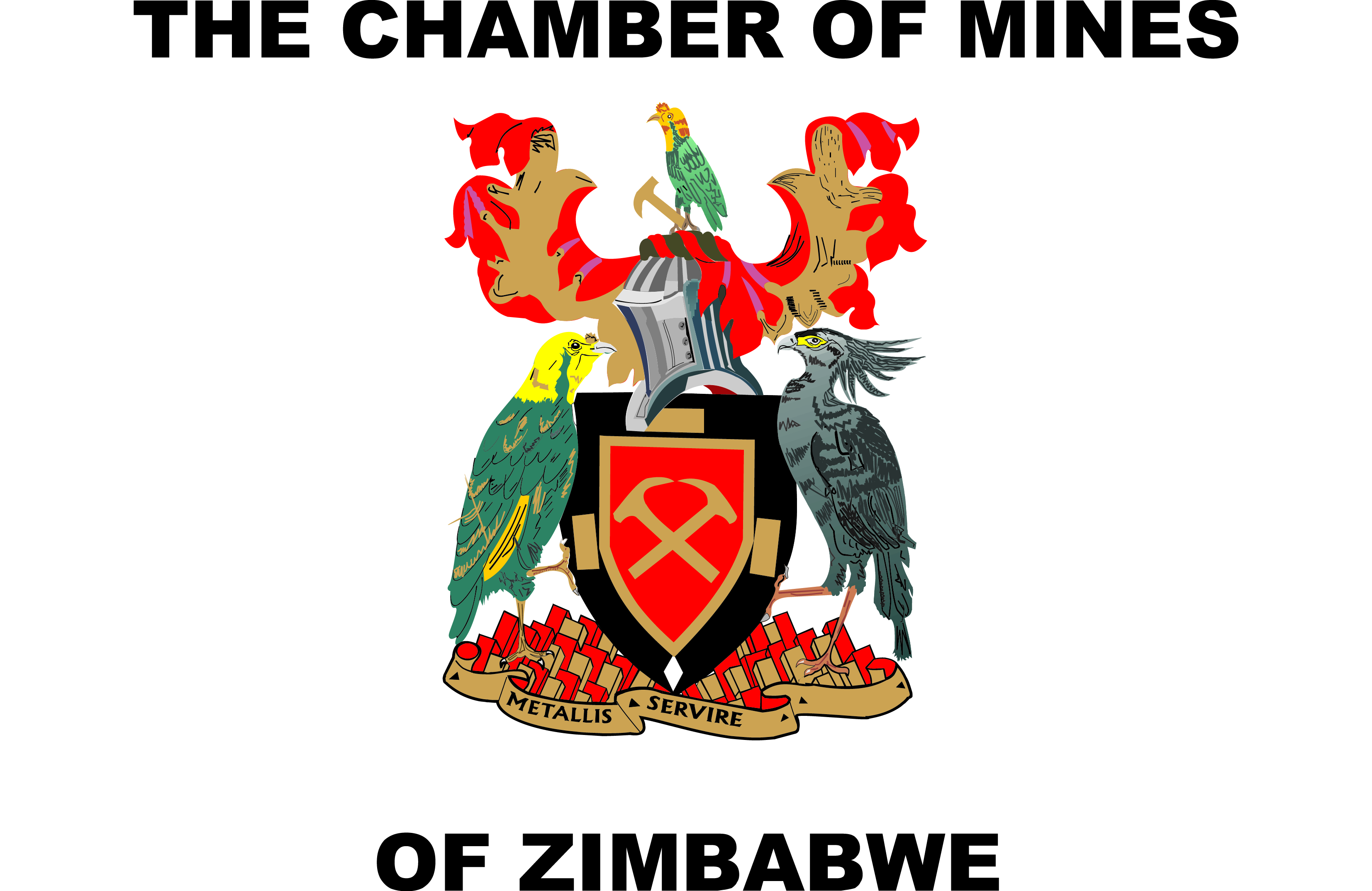ZIMBABWE'S platinum miners are lobbying government to either scrap or defer payment of a 15% export tax on unprocessed ore as the capital-intensive industry pushes for a raft of reforms ahead of the forthcoming national budget.
Zimbabwe is a primary producer with the mining industry accounting for over 50% of total exports.
According to submissions made by the Chamber of Mines of Zimbabwe, government should implement several reforms that spur economic growth.
The chamber submitted proposals relating to foreign payments challenges; royalty; reduction of mining fees and charges; deferment or removal of export tax on unbeneficiated platinum; reduction in Rural District Council fees and other fees.
Current government policy stipulates that all unbeneficiated platinum attracts an export tax of 15%. Following negotiations between government and the chamber and subsequent agreement on beneficiation plans for platinum producers, the export was deferred to January 1, 2018.
"For the mining industry to maintain and sustain growth, issues related to capital and foreign payments require urgent attention. The industry remains in dire need of investment to achieve growth targets for 2018. Critical to this is addressing issues that inhibit inflow of capital and improve the competitiveness of the mining sector," the chamber said.
"The chamber is happy to report that significant progress on implementation of the roadmaps has been recorded with all platinum producers having submitted progress reports to government. In light of the progress, the chamber appeals for further deferment or removal of the penalty tax. Government may also consider incentivising beneficiation through tax incentives in line with the government thrust of ease of doing business."
The country's miners also appealed to government to ease foreign payment challenges as the United States dollar becomes more elusive. This comes barely two months after the Reserve Bank of Zimbabwe (RBZ) has ordered platinum miners to surrender 80% of their export earnings to the apex bank, up from 50%.
"This (foreign payments challenges) is negatively impacting on the performance of the mining industry. Whilst the chamber has been engaging the Reserve Bank of Zimbabwe on the same, the situation remains challenging," the chamber said. "We recommend that government prioritise the mining industry for foreign exchange allocation and speed up the processing of foreign payments for importation of critical materials for production in view of the sector's importance in foreign exchange generation."
The RBZ has negotiated for an enhanced nostro stabilisation facility of US$600 million from Afreximbank to manage the cyclical nature of Zimbabwe's foreign exchange receipts. The World Bank says Zimbabwe's cash crisis, which began two years ago, is set to persist due to excessive government borrowing. This comes amid concerns the central bank's interventionist policy measures could crowd out private sector lending.
Commenting on mining charges, the chamber said fees and charges remain high and are undermining the viability of the mining industry.
"Traditionally, as the case in all countries, royalties which are levied on gross revenue are considered a direct cost and qualify as a cost for tax purposes. The current situation in Zimbabwe of not allowing royalty as a tax expense has significantly increased the effective tax, undermining the competiveness of Zimbabwe as a destination of investment. The chamber therefore appeals to government to allow royalty as a tax expense in line with best practice," it said. "Mining fees and charges remain high and are undermining the viability of the mining industry.
While we appreciate the effort by the Ministry of Mines and Mining Development of reviewing the fees and charges, we urge the ministry to expeditiously finalise the process in order to reduce the cost of doing business in the mining sector."
The chamber also noted that fees being charged by the country environmental agency is too high compared to other regional peers.
"The Environmental Impact Assessment (EIA) fee at 0,8% to 1,2% of project cost with a cap of US$2 million remains high and is discouraging execution of investment projects in the mining industry. In order to promote capital inflows into the mining sector, the chamber recommends the reduction of EIA fees to a rate of 0,5% of project cost with an upper limit of US$10 000, in line with regional best practice," it said.
- the independent
 Concern over Masvingo black market
Concern over Masvingo black market  Kenya declares three days of mourning for Mugabe
Kenya declares three days of mourning for Mugabe  UK's Boris Johnson quits over Brexit stretegy
UK's Boris Johnson quits over Brexit stretegy  SecZim licences VFEX
SecZim licences VFEX  Zimbabwe abandons debt relief initiative
Zimbabwe abandons debt relief initiative  European Investment Bank warms up to Zimbabwe
European Investment Bank warms up to Zimbabwe  Young Investment Professional (YIP) Graduate Programme 2019
Young Investment Professional (YIP) Graduate Programme 2019 











 Young Investment Professional (YIP) Graduate Programme 2019
Young Investment Professional (YIP) Graduate Programme 2019
Editor's Pick